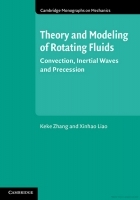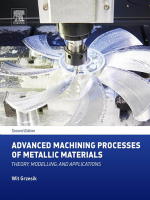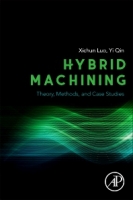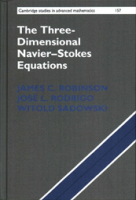Theory and Modeling of Rotating Fluids: Convection, Inertial Waves and Precession
Author: Keke Zhang, Xinhao Liao

A systematic account of the theory and modelling of rotating fluids that highlights the remarkable advances in the area and brings researchers and postgraduate students in atmospheres, oceanography, geophysics, astrophysics and engineering to the frontiers of research. Sufficient mathematical and numerical detail is provided in a variety of geometries such that the analysis and results can be readily reproduced, and many numerical tables are included to enable readers to compare or benchmark their own calculations. Traditionally, there are two disjointed topics in rotating fluids: convective fluid motion driven by buoyancy, discussed by Chandrasekhar (1961), and inertial waves and precession-driven flow, described by Greenspan (1968). Now, for the first time in book form, a unified theory is presented for three topics - thermal convection, inertial waves and precession-driven flow - to demonstrate that these seemingly complicated, and previously disconnected, problems become mathematically simple in the framework of an asymptotic approach that incorporates the essential characteristics of rotating fluids.
Keke Zhang, Xinhao Liao: Theory and Modeling of Rotating Fluids: Convection, Inertial Waves and Precession (Cambridge Monographs on Mechanics). Cambridge University Press, 2017.




















